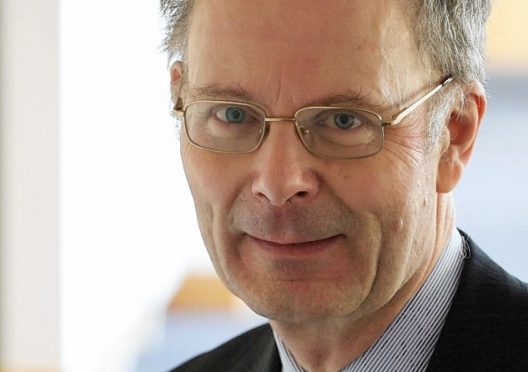The outcome of a second independence vote is “too close to call”, according to a respected pollster.
John Curtice, a politics professor at Strathclyde University, said the country is split in two over Scotland’s constitutional future.
Another academic James Mitchell, an Edinburgh professor, said the prospect of a Yes vote is “greater than ever before”.
Prof Curtice told The Press & Journal: “At this point it is too close to call. It is 50/50. But we are 18 months to two years away from a referendum and there is a lot of campaigning and a lot of water to go under the bridge.”
He predicts a key battleground in the campaign will be the economy, with senior SNP figures pinning much of the 2014 defeat on not convincing voters of the financial case for independence.
Prof Curtice added: “Unless the economy argument is won then the Yes campaign will struggle because there are not enough people who will be convinced by independence simply on the basis of staying in the EU.”
He warned an EU-centric campaign could threaten the unity of the SNP, with an estimated 400,000 Yes voters from 2014 backing Brexit last year.
Prof Mitchell, the co-director of the university’s Academy of Government, said: “I was clear it would be a No vote (in 2014) but this time I couldn’t say.
“The chances of it being Yes are greater than ever before, but I don’t want to predict it.”
Writing in a blog for the UK Constitutional Law Association, Prof Stephen Tierney, director of the Edinburgh Centre for Constitutional Law, said it is possible for the Scottish Government to “halt the process” on indyref2 if UK ministers compromise on the single market, the polls show a decline in independence support or the UK is seen to be securing a good Brexit deal.
